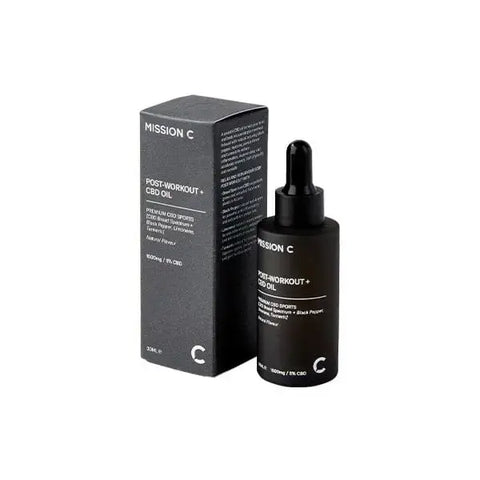Molecular Mechanisms Through Which Cannabidiol May Affect Skeletal Muscle Metabolism, Inflammation, Tissue Regeneration, and Anabolism: A Narrative Review
Published Online: 5 Dec 2022 https://doi.org/10.1089/can.2022.0220
Background: Cannabidiol (CBD), a nonintoxicating constituent of the cannabis plant, recently gained a lot of interest among athletes, since it is no longer considered as a prohibited substance by the World Anti-Doping Agency. The increasing prevalence of CBD use among athletes is driven by a perceived improvement in muscle recovery and a reduction in pain. However, compelling evidence from intervention studies is lacking and the precise mechanisms through which CBD may improve muscle recovery remain unknown. This highlights the need for more scientific studies and an evidence-based background. In the current review, the state-of-the-art knowledge on the effects of CBD on skeletal muscle tissue is summarized with special emphasis on the underlying mechanisms and molecular targets. More specifically, the large variety of receptor families that are believed to be involved in CBD's physiological effects are discussed. Furthermore, in vivo and in vitro studies that investigated the actual effects of CBD on skeletal muscle metabolism, inflammation, tissue regeneration, and anabolism are summarized, together with the functional effects of CBD supplementation on muscle recovery in human intervention trials. Overall, CBD was effective to increase the expression of metabolic regulators in muscle of obese mice (e.g., Akt, glycogen synthase kinase-3). CBD treatment in rodents reduced muscle inflammation following eccentric exercise (i.e., nuclear factor kappa B [NF-κB]), in a model of muscle dystrophy (e.g., interleukin-6, tumor necrosis factor alpha) and of obesity (e.g., COX-2, NF-κB). In addition, CBD did not affect in vitro or in vivo muscle anabolism, but improved satellite cell differentiation in dystrophic muscle. In humans, there are some indications that CBD supplementation improved muscle recovery (e.g., creatine kinase) and performance (e.g., squat performance). However, CBD doses were highly variable (between 16.7 and 150 mg) and there are some methodological concerns that should be considered.

Mission C Post-Workout + 1500mg CBD Oil - 30ml
Conclusion: CBD has the prospective to become an adequate supplement that may improve muscle recovery. However, this research domain is still in its infancy and future studies addressing the molecular and functional effects of CBD in response to exercise are required to further elucidate the ergogenic potential of CBD.
have a great day
your iCana Team

